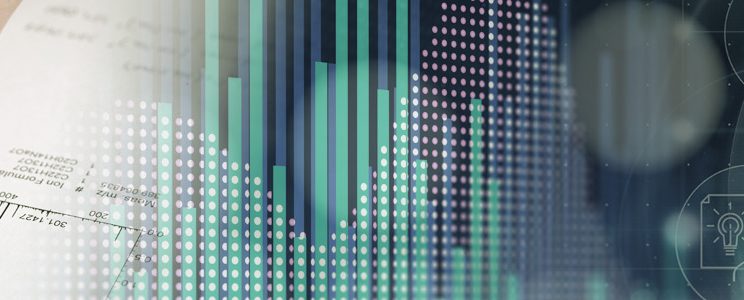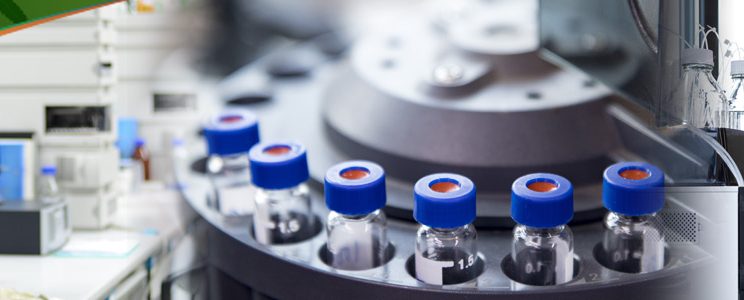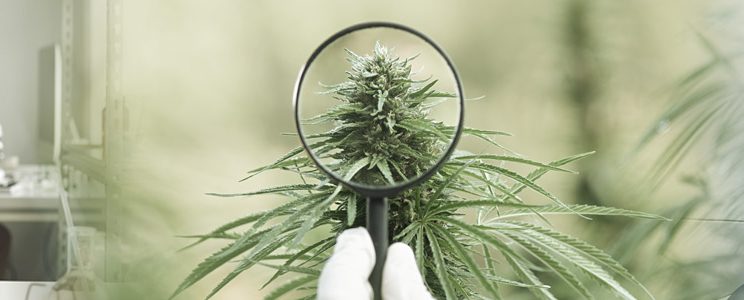Overview
This workshop originally occurred on December 5, 2024
Duration 3 hours 10 minutes
The United States Drug Enforcement Administration’s (DEA) Global Uniform Analysis and Reporting of Drug-Related Substances (GUARDS) methodology addresses challenges in identifying synthetic and emerging drugs, improves consistency in forensic reporting, and simultaneously generates more comprehensive information. The DEA’s GUARDS method offers a fast, efficient, cost-effective, and uniform approach to analysis and reporting for the seized drug community.
With the landscape of the illicit drug market evolving to include a rise in synthetic emerging drugs, innovative, comprehensive, and reliable analytical methods are needed to capture the complexity of current polydrug samples fully. Differences in federal, state, and local laws affect how seized drug laboratories analyze and report chemical substances. For example, results from January to December 2023 (CY23) DEA seizures in a New England state show 26% of fentanyl exhibits analyzed contained xylazine. Whereas the National Forensic Laboratory Information System (NFLIS) shows 0% for the same state in CY23. These types of reporting inconsistencies among various agencies impact law enforcement and public health responses to emerging drug threats like xylazine.
As the GUARDS methodology is adopted, establishing the foundation for an enhanced DEA-sponsored Early Warning System, advanced data analytics modeling opportunities will emerge. Additionally, GUARDS supports the TRANQ (Testing, Rapid Analysis, and Narcotic Quality) Research Act of 2023, which requires the National Institute of Standards and Technology (NIST) to support research and other activities related to identifying xylazine, novel synthetic opioids, and other new psychoactive substances.
This workshop explores the impact inconsistent drug analysis reporting has on public health and public trust. The value and implementation of the GUARDS innovative methodology in over 200 instruments across DEA laboratories is presented, as well as the efforts of other labs of the U.S. Customs and Border Protection (CBP) and Illinois State Police. Furthermore, new initiatives aimed at increasing the consistency of reported data to NFLIS is discussed.
Speakers share the efforts of DEA laboratory chemists to develop, validate, and implement the GUARDS method. Along with CBP, they discuss experiences and challenges they have encountered. Experts from Agilent Technologies and Shimadzu Scientific Instruments offer guidance and tools on converting gas chromatography-mass spectrometry (GC-MS) instruments to use hydrogen as the carrier gas. In summary, this workshop aims to provide attendees with an understanding of the history of the GUARDS method, the impact it will have in the forensic community, and resources to support the setup of this methodology in your laboratory.
Detailed Learning Objectives
- Attendees will gain knowledge in how to strengthen seized drug analysis and reporting of drug-related substances.
- Attendees will learn how the GUARDS method was developed and validated at the DEA Special Testing & Research Laboratory.
- Attendees will receive guidance on how to adopt the GUARDS method at their laboratory.
- Attendees will learn from experts how to confidently transition from helium to hydrogen as GC-MS carrier gas and the tools available for laboratories.
Presenters
- Agnes D. Winokur, Ph.D. | Laboratory Director, DEA Special Testing and Research Laboratory
- Michael J. Weaver, B.S. | Senior Forensic Chemist, DEA Special Testing and Research Laboratory
- Mark Frisch, Ph.D. | Senior Forensic Chemist, DEA Special Testing and Research Laboratory
- Charley K. Mitchell, B.S. | Analytical Chemist, DEA Special Testing and Research Laboratory
- Andrew Moore, B.A. | Senior Chemist, CBP Laboratories and Scientific Services
- Kirk Lokits, Ph.D. | GCMS Applications Scientist, Agilent Technologies Inc.
- Courtney Mayhew, M.S. | GCMS Product Specialist, Shimadzu Scientific Instruments
Virtual Workshop
What:
Improving Consistency in Forensic Reporting through DEA’s GUARDS Comprehensive Methodology
When:
Thursday, December 5, 2024
10:00 AM - 4:30 PM ET, Lunch break between 1:40 PM - 2:40 PM ET
In accordance with DEA policy, the question and answer sessions were not recorded nor included in the archived workshop. For more information or follow-up questions, contact us at ForensicCOE@rti.org.
Related Resources
- S.1280 - 118th Congress (2023-2024): TRANQ Research Act of 2023
- ISO/IEC 17025:2017 - General requirements for the competence of testing and calibration laboratories
- E2549 - Standard Practice for Validation of Seized-Drug Analytical Methods (Withdrawn 2023)
- E3255 - Standard Practice for Quality Assurance of Forensic Science Service Providers Performing Forensic Chemical Analysis
- National Forensic Laboratory Information System (NFLIS)
- GUARDS – Qualitative Method Summary Sheet
Items for Helium to Hydrogen Conversion
Funding for this Forensic Technology Center of Excellence event was provided by the National Institute of Justice, Office of Justice Programs, U.S. Department of Justice.
The opinions, findings, and conclusions or recommendations expressed in this event are those of the presenter(s) and do not necessarily reflect those of the U.S. Department of Justice.
Contact us at ForensicCOE@rti.org with any questions and subscribe to our newsletter for notifications.




